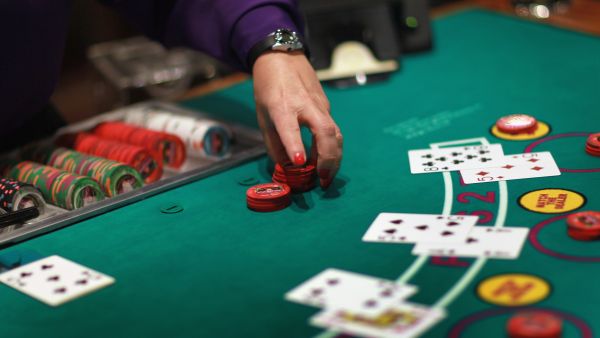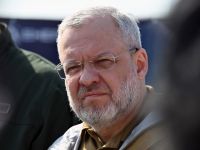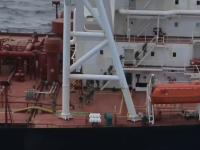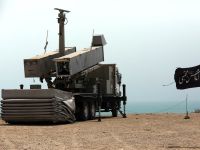The young roulette dealer, dressed in electric green, gives the wheel a spin as a crowd of men hope to strike it rich.
Thus begins a night of gambling, drinking and mingling at the newly opened Casino Damascus - the first to open in Syria in nearly four decades.
The glittering casino showcases Syria’s gradual shedding of its socialist past in favour of the free market. At a time when economic discontent is shaking Tunisia and Egypt, President Bashar Assad is gambling that gradual change can insulate his country from such tensions.
But for this country’s secular regime, Casino Damascus may be too much for devout Muslims to stomach.
“Gambling is a grave sin,” said Mohammed Habash, member of parliament and director of the Islamic Studies Centre, who puts it on a par with drug abuse. “We must use all legal means to prevent gambling from entering our lives.”
The casino is hardly as glamourous as those in neighbouring Lebanon or Turkey, but officials hope it will help shed Syria’s image as a rigid, closed country and attract tourists.
“Syria has opened up, and this is one of the signs,” said Jihad Yazigi, editor-in-chief of The Syria Report, a Paris-based online weekly founded the year after Assad succeeded his father, Hafez Assad, as president. “It’s a good economic move, but a bad one for society,” said Marwan, a 70-year-old Syrian Casino-goer. “I see a lot of young people getting into trouble. This is not a good hobby,” he said.
Still, it didn’t stop the twice-weekly customer from taking his seat at the blackjack table.
There are no signs advertising the Casino, and it is one of the few public places that does not feature a portrait of Assad - a sign the president does not want to be associated with it, though the casino could not exist without his approval.
The owner is Syrian businessman Khaled Hboubati, whose father owned a casino there before it was closed in the mid-1970s during Hafez Assad’s three decades of iron-fisted rule.
Today’s Syria is buzzing with young people enjoying the country’s many sidewalk cafes, pubs and nightclubs. Glitzy shopping malls vie with the famous bazaar, and dozens of historic houses have been converted into boutique hotels and fine restaurants.
Tourism Minister Saadalla Agha Al Kalaa says tourism last year rose 40 per cent from 2009, generating $8 billion in revenues, and this month a US ambassador arrived to take up his post, the first since 2005.
The economic liberalisation has critics who say it is pushing up prices and widening the gap between rich and poor in the nation of 23 million people. Unemployment is estimated to have reached 11 per cent last year.
“There is a dangerous economic disparity between Syrians, and such projects as the casino help emphasise that gap,” said Nabil Al Samman, a Syrian economist. “The transformation from a near-socialist system to a capitalist one was rushed and unstudied. The people with money took advantage to get even richer while the poor have gotten poorer.”
Yazigi says it’s not the pace of liberalisation that has worked against it, but corruption and an inefficient legal system that, despite improvements, still tend to scare off foreign investment.
The lawyer for Casino Damascus, says the casino aims to lure back Syrian money spent at gambling establishments abroad, adding: “This way you are at least saving Syrian funds from being squandered outside the country.”








